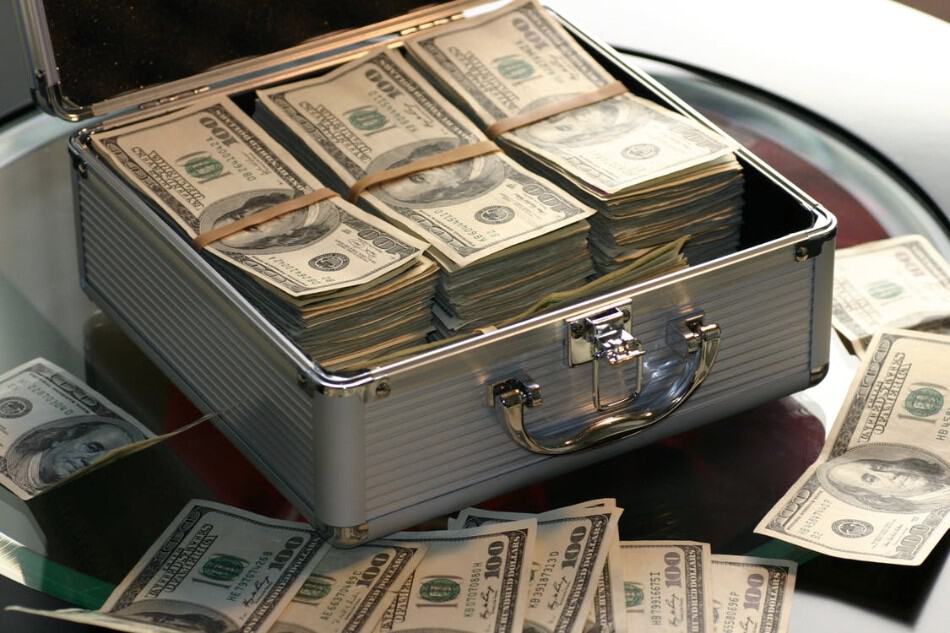Are you rich? Are you famous? How much do authors make, really?
It’s complicated.
Which of course is not what people who are always asking me this want to hear.
But as James Michener once said, you can make a killing in this business, but you can’t make a living. Or was it Sherwood Anderson or Norman Mailer—apparently lots of writers have said something like this. Maybe because it’s true.
Or not.
When I first became an agent in 2012, many people thought I was crazy and told me so: Books are dead, profit margins in publishing suck, 15 percent of nothing is nothing, etc.
But I was used to being overworked and underpaid; I’d worked as a writer and an editor for more than twenty years before becoming an agent. I knew the score.
The truth is, it isn’t easy. I’ve sold books for rev share (no advance) and I’ve sold books for six figures (and counting) and every number in between.
Some of my clients have quit their day jobs, but for most of them, writing is an after-hours activity.
Especially at the beginning of their careers.
The truth about advances
As the inimitable Katharine Sands, literary agent with the illustrious Sarah Jane Freymann Literary Agency likes to say, in this post-Borders world, “Ten is the new 50.” Meaning that what used to garner a $50,000 advance now garners a $10,000 advance.
It is true that the size of the average advance is down, but it’s also true that while rev share deals may pay out nothing upfront, over time the payout can prove quite lucrative.
I know debut writers who’ve received big advances and writers who’ve received much smaller advances—and the writers with the smaller advances have often made more money in the long run.
That’s because the huge advances that make the news almost always happen as the result of a bidding war. Auction books are the ones that sell for the most money, because the publishers vying for the book drive up the price.
But a big advance could be a good news, bad news deal. If you earn out that advance, great. Now you can quit your day job.
But if your book doesn’t earn out its advance, you may be stuck with a bad track record. Which can derail any future sales going forward. That’s when you change your name and write romance. (Not that there’s anything wrong with that.)
It’s not all about the advance
The good news is, it’s not all about the advance.
Sales of sub-rights—foreign, audio, film, etc.—are the gravy of publishing.
And those sales can add up very nicely.
So do try to make sure that you hold on to as many of those rights as you can—provided your agent is well-positioned to exploit them. If your publisher holds those rights, then make sure your publisher is well-positioned to exploit them. If that doesn’t happen, fight to get those rights back.
The more you write
The more you write, the more you make. Especially in these days of multiple formats. Backlist, which was once suffering, is on the rebound now, thanks to e-books and BookBub and the like, which give new life to older titles and introduce readers to authors, works, and series they may have missed. (Yes, I know the price points are low, but these promotions often have a long tail, meaning that sales of the promoted $2.99 e-book often result in spikes in sales of the same book in other formats as well.)
If you’re writing a series, and each book marks an uptick in sales, then that uptick may snowball into really sweet royalty checks. (Conventional wisdom is that it takes three to five books for a series to break out.) The same for stand-alones in the same sub-genre.
So how do you make more money as an author?
If you don’t win the lottery and snare a six-figure advance—or even if you do—here are some strategies that can help you make more money as a writer:
- Write more, better books. Keep on writing more, better books.
- Exploit your sub-rights.
- Publish in multiple formats.
- Take advantage of promotion opportunities—from social media to Goodreads and BookBub.
- Develop related income streams: writing nonfiction as well as fiction, teaching, blogging, speaking, etc.
Most important, do whatever you need to do to SELL MORE BOOKS.
Because ultimately, that’s how most writers build their careers and develop their own “author salary“—one book, one contract, one royalty check at a time.
This post was originally published at Career Authors.

